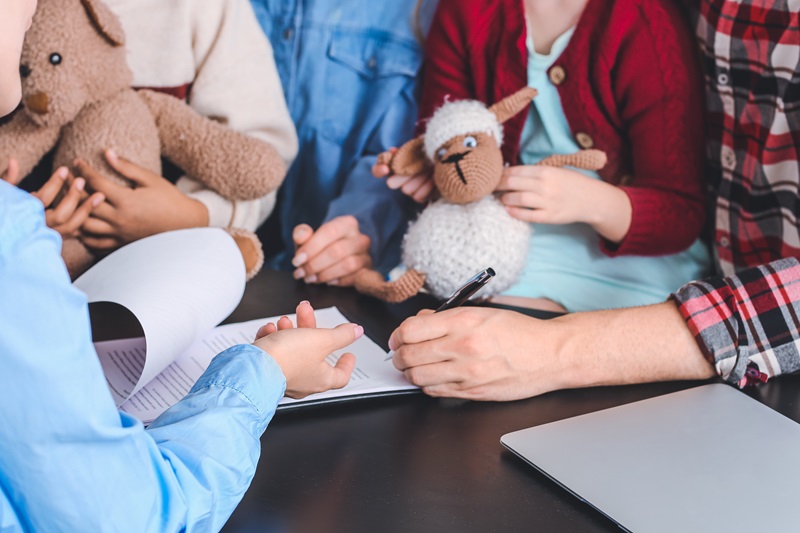A Child Custody Lawyer: Exploring Joint vs. Sole Physical Custody
When it comes to your child’s well-being, seeking the guidance and support of a child custody lawyer is an essential step. Their expertise navigates the legal complexities and provides emotional support during a challenging time. Having a lawyer dedicated to protecting your child’s best interests increases the likelihood of reaching a favorable custody arrangement while minimizing stress and conflict. The journey through divorce or separation can be emotionally taxing, especially when children are involved. Deciding on child custody arrangements often becomes pivotal, and understanding the nuances between joint and sole physical custody is crucial. A child custody lawyer can provide invaluable insights into these options, highlighting their benefits and disadvantages to help parents make informed decisions.
Understanding Joint Physical Custody
Joint physical custody involves both parents sharing substantial time with their children. This arrangement aims to provide a balance in the child’s life, allowing them to spend significant periods with each parent. Here are some benefits and challenges of joint physical custody:
Benefits:
- Enhanced Parental Involvement: Children benefit from consistent interaction with both parents, fostering a strong bond and emotional connection.
- Shared Responsibilities: Both parents are involved in decision-making and day-to-day responsibilities, ensuring a balanced upbringing.
- Stability and Routine: Children maintain stability by spending quality time with both parents, reducing the feeling of loss or absence.
- Logistical Challenges: Coordinating schedules and logistics for joint custody can be complex and demanding for both parents.
- Conflict Resolution: Disagreements between parents might arise, impacting the child’s well-being if conflicts are not managed effectively.
- Potential Stress for Children: Moving between households can be emotionally taxing, primarily if not managed with sensitivity and understanding.
- Protection from Abuse/Neglect: In cases where there are allegations of child abuse and/or neglect, sole custody helps reduce that risk.
- Reduced Conflict: With a clear delineation of responsibilities, potential conflicts between parents might decrease.
- Reduced Contact with Other Parents: Children might have limited contact with the non-custodial parent, impacting the depth of their relationship.
- Potential Stress on Custodial Parent: The sole responsibility for the child’s upbringing can be emotionally and financially demanding for the custodial parent.
- Potential Feeling of Loss: Children might feel a sense of loss or detachment from the non-custodial parent, affecting their emotional well-being.

